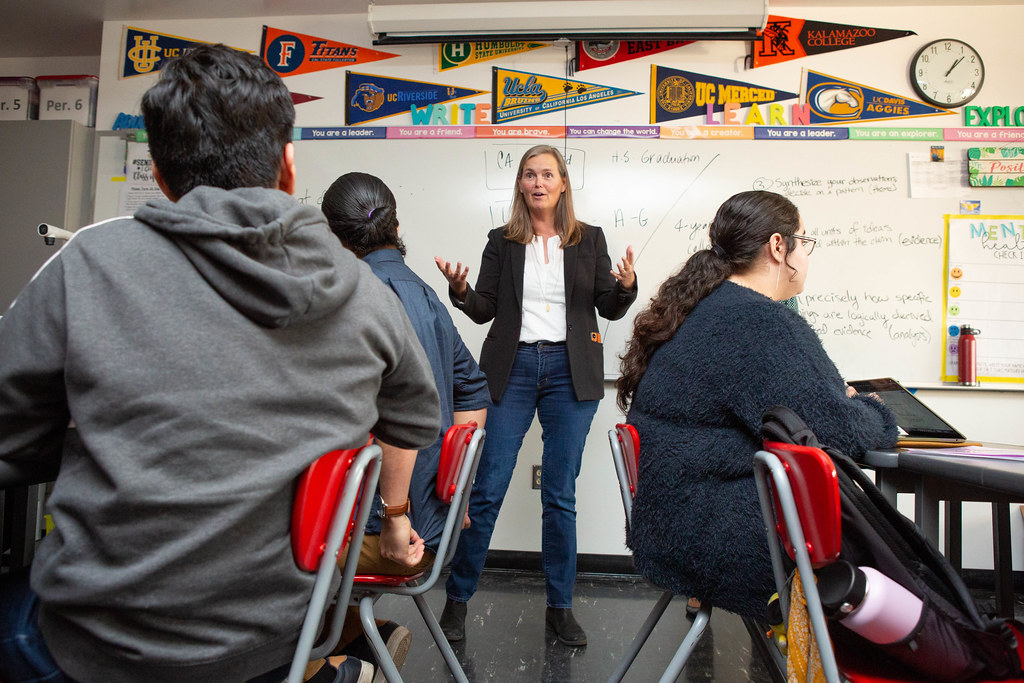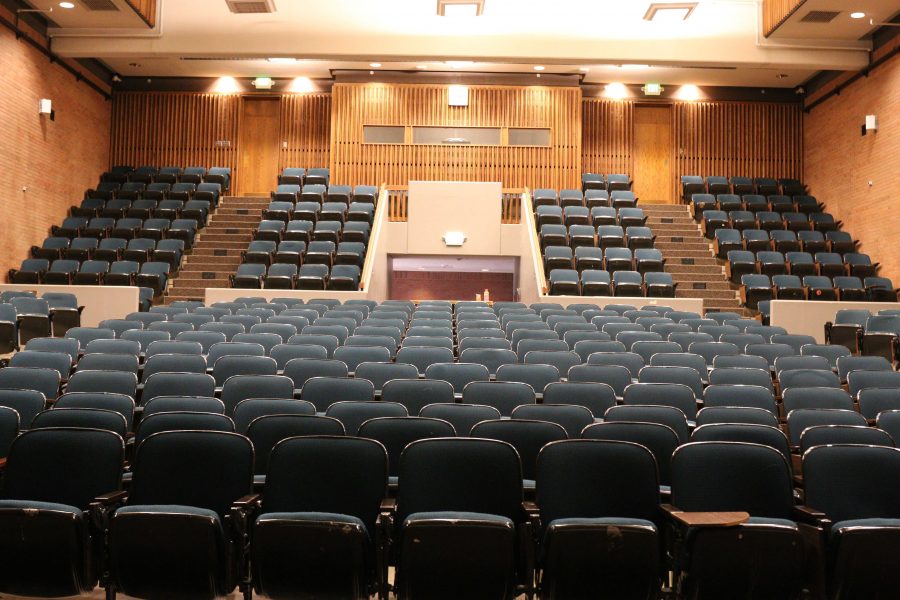The internet has certainly made many aspects of our lives easier. Here in the 21st century we can watch movies, shop, interact with friends and even apply for jobs right from our living rooms. Naturally, college classes are but one of many things made more easily available with technology, and the U offers hundreds of online classes in subjects ranging from chemistry to visual arts. There is no doubt that online classes at the U are easier and more convenient than brick-and-mortar classes scheduled to occur at specific times and places. Unfortunately, the convenience often comes with a loss of some of the main advantages of college education, ones that come through the interactions between the professors and students that can bring the material to life. Although online classes are good at introducing concepts, they are for the most part not a good substitute for a traditional class experience.
Online classes do have their time and place, of course. When it comes to introductory material that can be understood pretty easily from just assigned readings, online classes are a good tool that can help students learn the basics. In some classes, especially electives or those that are required for general education, the purpose might be more of an introduction to the material rather than a deep understanding of the concepts. On this front, online classes do fine and provide the necessary structure to guide students through the topic.
So why can’t online classes be just as good for the more challenging stuff? It’s true that they can have the same reading material and course schedules as their physical counterparts. Sometimes, online classes even contain video lectures and comment threads for student-teacher interaction throughout the semester. Sadly, the reality is rarely like the ideal. It is hard to create a back-and-forth conversation when each participant could be on and off at any time, not there to pick up the discussion and say what they want to. In my experience with online courses at the U, the teacher would ask a general question and then require every student to write both a response of their own and a further reply to another student’s response. Though this seems to mimic the value of conversation, it failed to establish a true back-and-forth sharing of ideas. The students almost never replied back to the other students’ comments and the teacher did not reply to most of them, instead just grading them for completion.
Ultimately what sets physical and online classes apart is the social aspect. Conversations you have online with someone you don’t know feel clunky and impersonal. Unfortunately, conversation and dialogue are some of the most important tools in any educational environment. Though you can read something and decide what you think about it on your own without any issue, a great education forces you to talk about your thoughts with others and compare them. Though you can see one side of any topic and cling to it easily, a great education forces you to engage with the other side and ultimately see where they are coming from. Through group projects, class questions and open-ended discussions, upper-level traditional classes at the U do a good job of creating this type of engagement.
Many of the subjects taught at the U are not yet settled matters and we see constant debates and new ideas within the humanities, the sciences and the arts. It is in these areas — tough not only for students but also for the policy-makers and scientists of today — that we can fully understand the benefits of a traditional class experience. Nothing is better at expanding and sharpening one’s understanding than a communicative activity, and upper-level classes often excel in that description. It is not enough to just read about ideas to truly get a grasp on them. Students should be encouraged to engage them as a group, to hear other students’ interpretations to better inform their own. Because, in the end, isn’t that the point of a higher education?

















